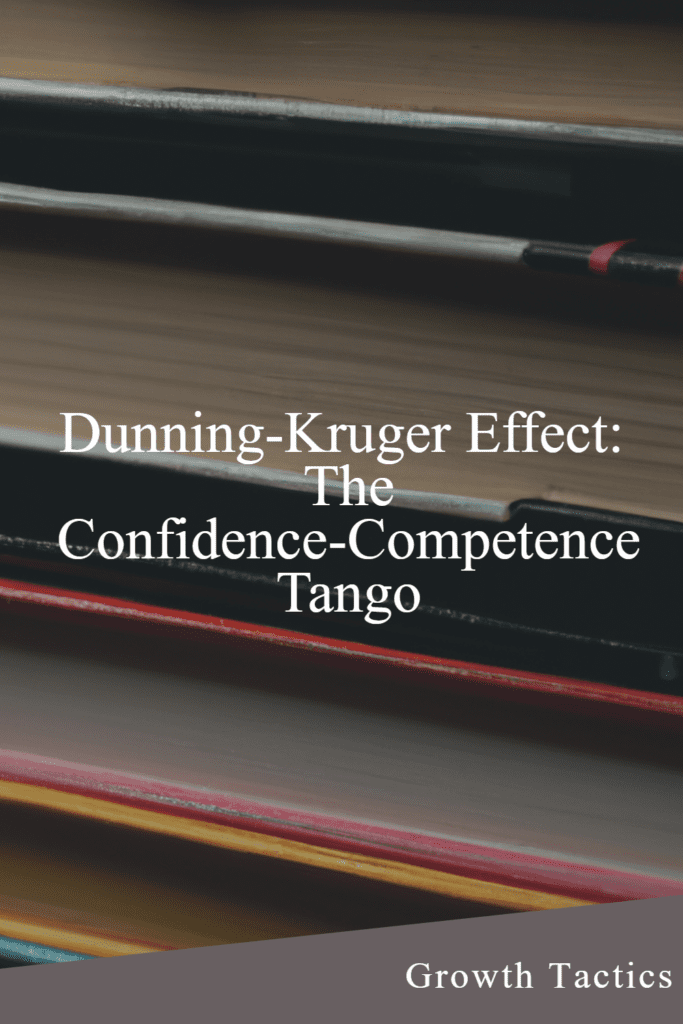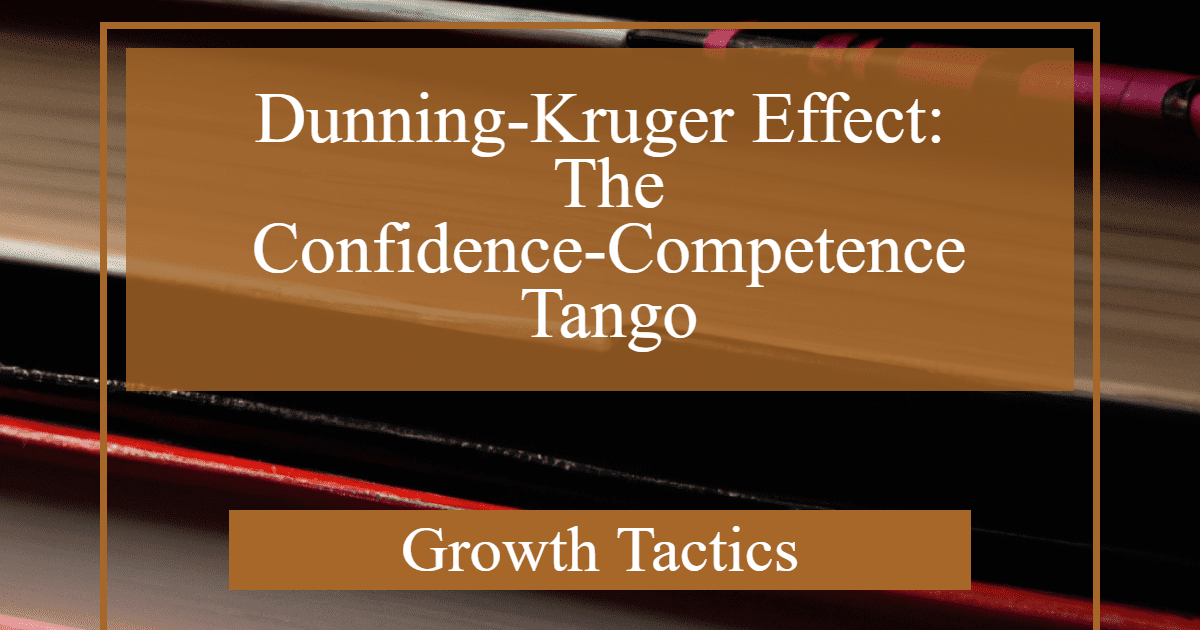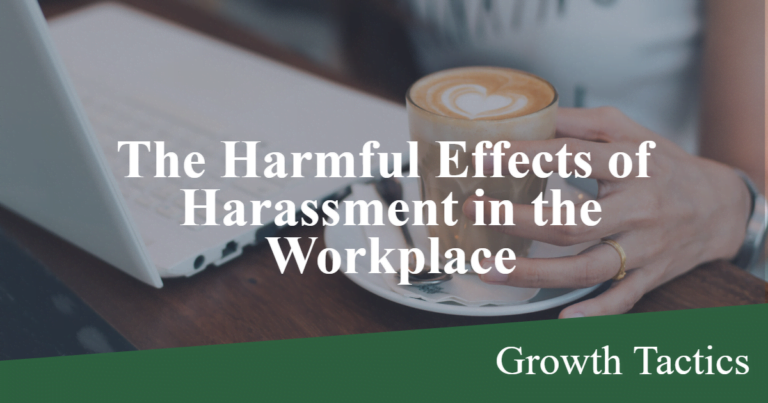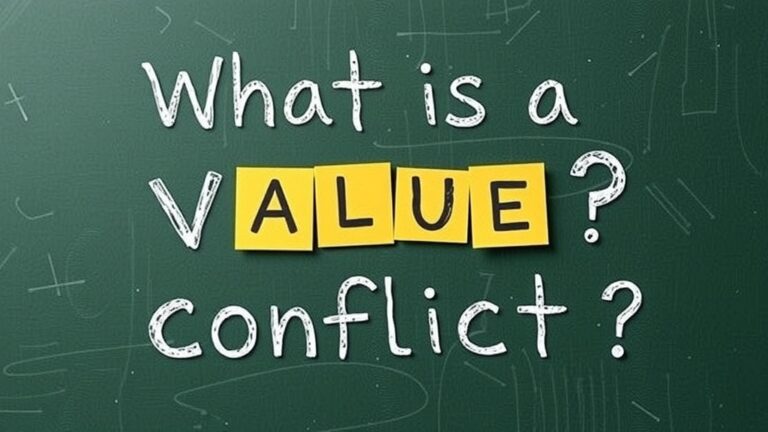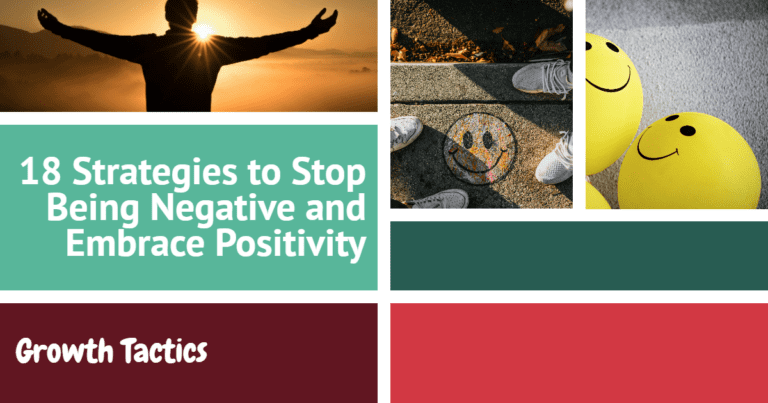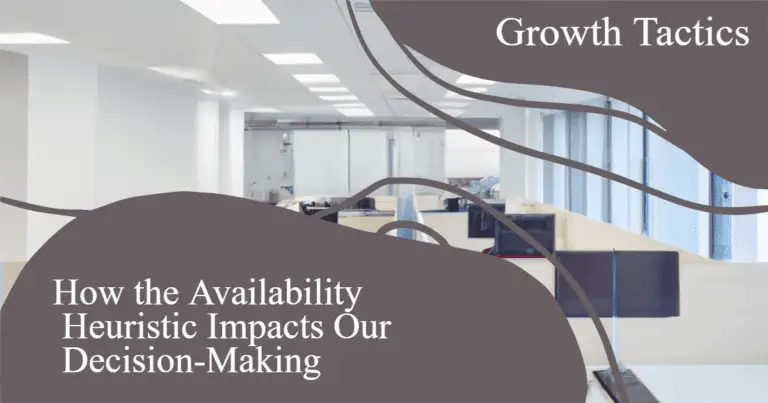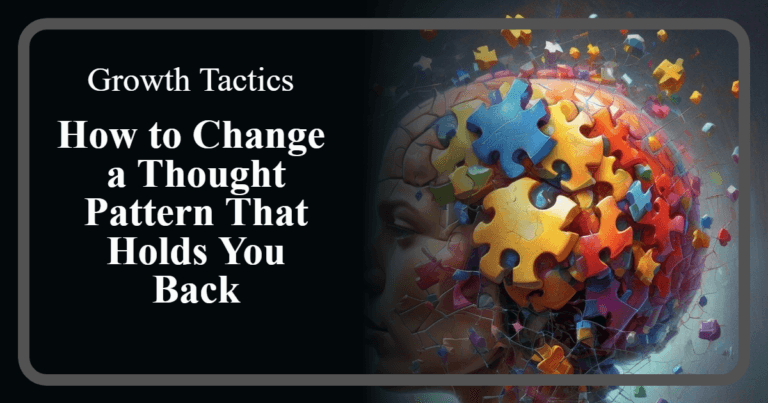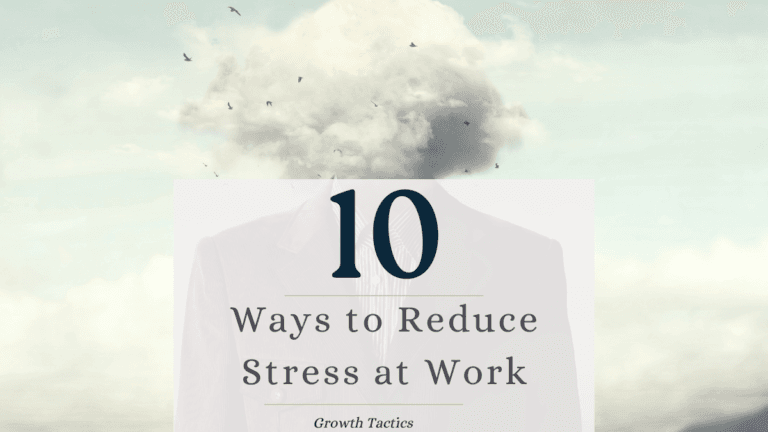There’s a fascinating psychological phenomenon called the Dunning-Kruger Effect. It’s about when David at the karaoke bar thinks he sounds like Elvis or Aunt Sally spends hours detailing her sure-fire ideas for defeating climate change. We all know a David or Aunt Sally, bless their hearts, who are joyfully unaware of their incompetence. The Dunning-Kruger Effect is their anthem and this article is your VIP ticket to understanding their enigmatic minds. Let’s delve into why our confidence is not always a faithful reflection of our competence, and why it matters!
Jump To Section
What is the Dunning-Kruger Effect?
Have you ever played guitar with a group of friends, and upon successfully strumming “Smells Like Teen Spirit,” thought, “Man, I could be the next Kurt Cobain?” Only to wake up the next day, listen back to a recording of your playing, and realize – yep, the singing was so…not Cobain. Welcome to the party of the Dunning-Kruger Effect, my friend!
Coined by social psychologists David Dunning and Justin Kruger, the Dunning-Kruger Effect is a cognitive bias where people with low ability at a task overestimate their ability. It’s named after the two savvy researchers at Cornell University who first extensively studied this intriguing phenomenon. The Dunning-Kruger effect is a dance, a confusing waltz of incompetence and inflated self-assessments.
It’s like a quirky comic strip where the character doesn’t recognize their own lack of skill, fails to acknowledge their performance gaps, and to top it all, they even believe they are performing better than others. Sounds befuddling, isn’t it?
We face this effect everywhere – workplaces, classrooms, or social circles. The cashier who thinks he’s a certified espresso maestro, your little brother who claims to hold the secret to a perfect lasagna just because he made one (overly cheesy) dish or the friend who believes they would make an impeccable leader although they’ve never led anything more than their pet’s walking routine.
Although we might chuckle about their overconfidence, the Dunning-Kruger Effect has a deeper influence, making us question our judgments and understanding of competence. It’s a fascinating exploration into the human psyche’s tendency to misjudge, a trait that’s more common than we might want to admit!
Dunning and Kruger’s Four Groups: Who Exactly Are These People?
Alright, let’s gather around the kitchen table, you, me, a freshly brewed pot of coffee (or tea, if that’s your thing), and we’ll do some friendly sleuthing. Say, we want to figure out where people stand in the aptitude self-awareness yardstick. Like detectives in a cognitive biases episode of Sherlock, Dunning and Kruger, our stars, have paved the way for us. They’ve identified four distinct groups. So, who exactly are these people?
1. Unskilled and Unaware
Ever met someone who doesn’t quite hit the marks but contends they’re the bee’s knees? This group resembles our friend Joe, the self-proclaimed part-time tech whizz. They overestimate their abilities largely because they lack the competence to recognize their mistakes.
Imagine, it’s like trying to realise you’re off-key while belting out a tune in the shower when you don’t even know the scale. People who fall in this category often live inside a fragile bubble of overconfidence, one that shields them from the reality of their lack of skill. We all have a bit of this group in us, don’t we?
2. Skilled but Full of Doubt
Now, these folks possess a skillset, they’re good at what they do, but ironically, they underestimate their abilities. You know the friend who bakes cakes like a dream but repeatedly insists they’re just ‘okayish’? That’s them!
This group is often over-observant of others, and, in doing so, assumes that if they find a task easy, so must everyone else. Countless talented individuals fall into this understatement trap, perpetually downplaying their capabilities. It’s a classic case of not knowing just how good they truly are!
3. Skilled and Aware
Ah, the sweet spot! Individuals here not only possess skills but are also rightly aware of their competence. It’s like when you’ve finally learned to hit all the right chords on your guitar, and you know it! Striking an equilibrium of self-awareness and expertise, this group tends to continue climbing up their learning curve.
4. Unskilled but Learning
Here we find folks who aren’t all that skilled (yet) but are actively aware they’re novices. Think of when you first attended a yoga class and didn’t know your downward dog from your tree pose, but you wholly accepted being a beginner.
People in this category often involve themselves in the gradual journey of learning, embracing each stage with humility, and acknowledging their limitations. A beautiful place to be, isn’t it?
So, as we finish up our coffee or tea, we realize that at some point, we’ve all been or will be in each of these groups throughout our lives. The aim though is to strive to be in groups three and four, maintaining a keen sense of self-awareness and fostering a thirst for continual learning, as we navigate through a sea of different skills and abilities. Ready for the voyage? Let’s set sail!
Do We All Overestimate Our Abilities?
Now, if you’re sitting there thinking, “Does this Dunning-Kruger effect apply to me? Surely, I don’t overestimate my abilities!” Well, let’s grab a cup of coffee and mull over this.
The truth is, at one point or another, we have all been the lead actors in the Dunning-Kruger play. From cooking the best steak to managing an Excel spreadsheet or driving on a rainy night—we’ve all overestimated our abilities at some juncture. It’s not fastidiously linked to ‘incompetent’ people or those who walk around with the incessant hum of ‘I know it all.’
The Dunning-Kruger effect can slide into our lives unnoticed. Have you ever thought you aced an exam only to be blindsided by a subpar grade? Or the time when you were certain you’d rock the presentation but ended up fumbling words? These instances can be sneak peeks into the world of the Dunning-Kruger effect.
It’s not about being self-deprecating, but acknowledging that our internal yardstick for self-assessment might not always calibrate perfectly. It’s alright! So is the bias of overestimation universally prevalent? Well, no two individuals are the same, are they? While many may wear the overconfidence hat, others underestimate their skills, stuck in the perpetual cycle of the Imposter Syndrome, thinking they’re not good enough when they really are.
Remember, the key here isn’t about pinning labels, but understanding that our perception of our abilities is heavily influenced by numerous factors from our self-esteem to feedback from others. So, while it’s okay to believe that you’re an expert at something, it’s equally important to recognize our blind spots and areas of improvement. After all, that’s how we grow, don’t we?
What Fuels Our Overconfidence?
So, over the backyard BBQ, we discussed what Dunning-Kruger effect is, and sheepishly agreed, “Yeah, we’ve been there.” Now, as we flip those burgers and sear those skewers, let’s try to figure out why? Why does the drummer boy in our head overestimate his beat? Or, said formally, what fuels our overconfidence?
One main culprit for these over-the-moon assessments of our capabilities is our poor metacognitive skills. “Metawhat?” I hear you say! Simply put, metacognition is our ability to evaluate our own competencies. A bit like trying to see your own ears without a mirror, right?
Let me share a little experience. I remember back in school, I had a math test. Now, numbers and I were never the best of friends, but I’d studied (or at least, I thought I had). I went in confident, expecting a solid B, maybe even an A. Long story short, the test came back with a sea of red ink and a C. Obviously, my metacognitive skills were still at recess!
It turns out, in the labyrinth of the Dunning-Kruger effect, our skills necessary to produce correct responses are essentially the same skills required to evaluate one’s responses. Talk about a dual burden, huh?
Research says people with low competence often fail to recognize their incompetence due to a lack of a clear internal standard against which to compare their performances. Dunning and Kruger refer to this phenomenon as a “double curse” – poor performers lack the very expertise needed to recognize how badly they’re doing.
Interestingly, it’s not just the lack of self-awareness. Overconfidence can be a protective shield, guarding us against the daunting realization of our shortcomings. It’s like an internal pep squad, cheering, “You’ve got this!” even when, well, you don’t.
That’s okay! The aim isn’t to tear down our confidence; it’s to grow and learn. To assemble a more adjustable internal mirror, one that can present a more balanced reflection of our abilities. It’s about striving to align our assumptions of self-competence with our actual levels of competence. Sounds like a plan, right?
How Can The Dunning Kruger Effect Impact Our Relationships and Society?
Alright, let’s imagine we’re sitting by a cozy campfire, roasting marshmallows, the warm light flickering on our faces as we try to decipher the long shadow this Dunning-Kruger effect casts. How does it influence our relationships and society?
Let’s think of Joe, a friend we all have in our lives. Joe is lovely but he’s got a knack for giving tech advice, despite not knowing his Ethernet from his elbow. The time he almost swamped your computer with viruses while ‘fixing’ it still gives you nightmares. Joe’s can-do attitude is commendable, but his overconfidence could lead to escalating issues, frustration, and strained relationships. And trust me, you don’t want an awkward Friendsgiving next year!
But it doesn’t stop there. The Dunning-Kruger Effect isn’t just about Joe or your friend who thinks they’re a master chef because they can make pancakes without burning them. The consequences could stretch way beyond your kitchen.
Consider the grand stage of societal decision-making or politics. Inflated self-competence can trigger a cascade of poor decisions, impacting everyone in the community. Like a domino effect, the choices made from a place of overconfidence can leave lasting fingerprints on policies and public opinion.
And let’s not forget the digital era’s information overload. With the world’s knowledge at our fingertips, it’s easy to fall into the trap of a little knowledge is dangerous. A crash course on a topic or a few hours on the web can make us feel like we’re suddenly experts. The reality is, true expertise takes years to cultivate.
However, the sky is not falling. Dunning and Kruger’s research also tells us that education and self-awareness can bridge the competence-confidence gap. Knowing about the Dunning-Kruger Effect is the first step to managing it.
Remember when you first learned to ride a bike, and you took off those training wheels too early, thinking you were the next Lance Armstrong? You fell, you got a scraped knee, maybe shed a few tears. But then, you got back up, put those training wheels back on, practiced, and eventually, you learned. Consider the Dunning-Kruger Effect as our cognitive training wheels. With a little patience, self-awareness, and a zest for learning – just as with that bike – we can master the ride.
How to Mitigate the Dunning-Kruger Effect
1. Encourage Self-Reflection
Regularly take time to reflect on your skills and abilities. Honest self-assessment is the first step towards understanding your true level of competence. Consider keeping a journal detailing your progress and areas needing improvement.
2. Seek Constructive Feedback
Actively seek feedback from peers, mentors, or supervisors. Constructive criticism provides an external perspective on your abilities and can highlight blind spots in your self-assessment.
3. Embrace Lifelong Learning
Always be open to learning and acquiring new skills. Engage in continuous education through courses, workshops, or self-study. A commitment to learning helps bridge the gap between perceived and actual competence.
4. Practice Humility
Maintain a humble attitude towards your abilities. Acknowledge that there is always room for improvement and that others may possess valuable knowledge and skills that you can learn from.
5. Test Yourself Regularly
Taking regular proficiency tests or engaging in exercises that challenge your skills can provide a more objective measure of your abilities. This practice can help you align your self-perception with reality.
6. Diversify Your Experiences
Expose yourself to a variety of tasks and challenges. Broadening your experience can help you better understand your strengths and weaknesses across different areas, reducing the tendency to overestimate your abilities in unfamiliar fields.
7. Foster a Growth Mindset
Adopt a growth mindset where you see challenges and failures as opportunities to learn and grow rather than as threats to your self-esteem. This mindset encourages continual self-improvement and accurate self-assessment.
By implementing these strategies, you can better align your confidence with your actual competence, reducing the impacts of the Dunning-Kruger Effect in your personal and professional life.
